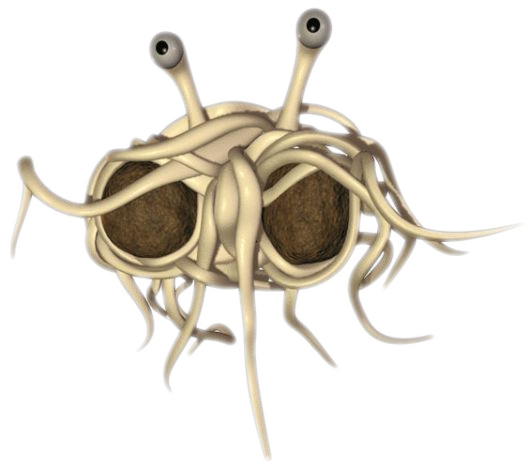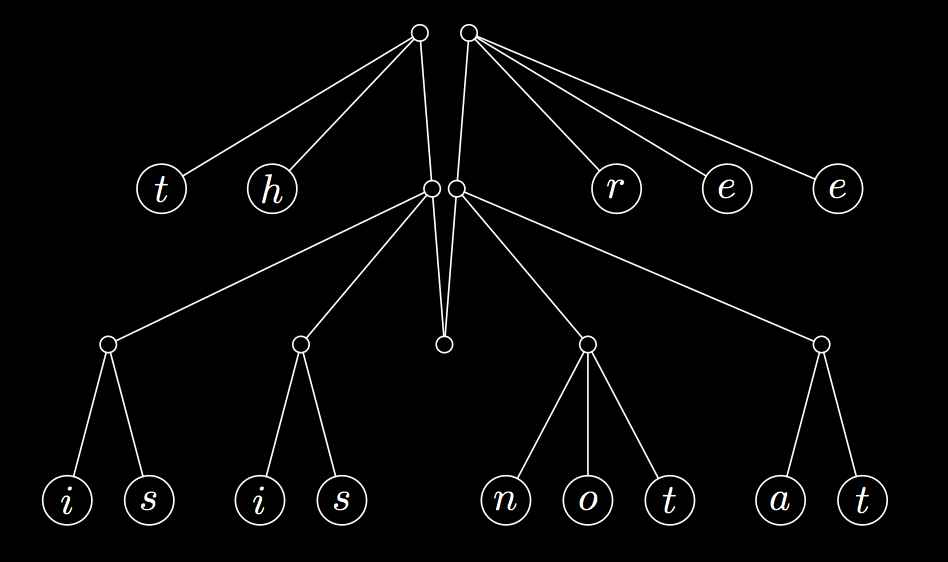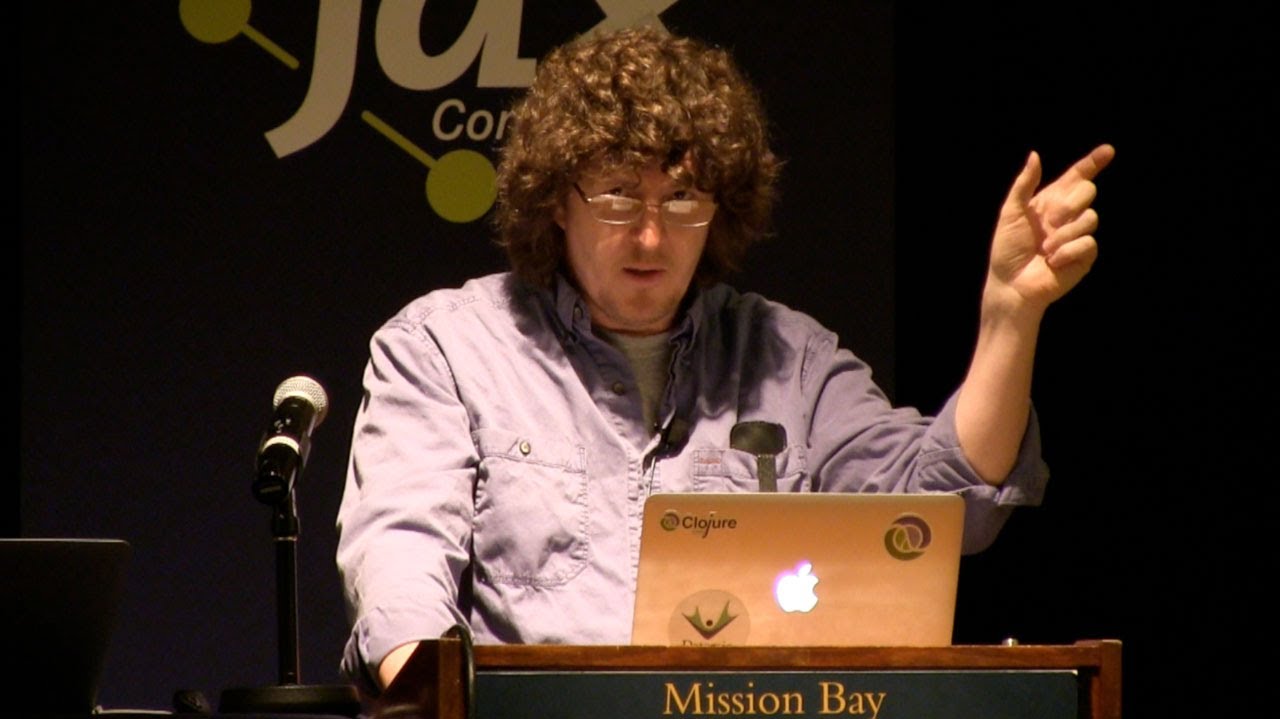Part I
The tragedy
of the
value based
architecture


mutability ⇒ ( pass by value ⇒ copying )
root cause cause problem
const auto v0 = vector<int>{};
const auto v1 = v0.push_back(15);
const auto v2 = v1.push_back(16);
const auto v3 = v2.set(0, 42);
assert(v2.size() == v0.size() + 2);
assert(v3[0] - v1[0] == 27);
one with all methods
marked
const
persistent data structure
old values are preserved
- no copying
- compact history
- fast comparison
- idiomatic
this is C++ not Haskell - performant
cache-efficient, benchmark-driven - customizable
stackable allocators, optional GC, thread-safety
Part II
in search of a magical vector
const auto v0 = list<char>{{'a'}};
const auto v1 = v0.push_front('b')
.push_front('c');
const auto v2 = v1.push_front('d');
const auto v3 = v1.push_front('e');

Chris Okasaki
Purely Functional Data Structures
https://www.cs.cmu.edu/~rwh/theses/okasaki.pdf

Ralf Hinze and Ross Paterson
Finger Trees: A General-purpose Data Structure
http://www.staff.city.ac.uk/~ross/papers/FingerTree.html

Phil Bagwell
Array Mapped Tries. 2000
RRB-Trees: Efficient Immutable Vectors. 2011
https://infoscience.epfl.ch/record/64394/files/triesearches.pdf
https://infoscience.epfl.ch/record/169879/files/RMTrees.pdf

Rich Hickey
Value, Identity and State. 2009
https://www.infoq.com/presentations/Value-Identity-State-Rich-Hickey
Radix Balanced Tree
$M=2^B$ $M=32$ $B=5$ $\left\lceil\log_{32}(2^{32})\right\rceil = 7$Radix Balanced Search
v[17] → 01 00 01 v.set(17, 'R')Relaxed Radix Balanced Tree
Operations
- Random access
- Update
- Push back
- Slice right/right
- Concat
- Insert
- Push front
Embedding
Radix balanced
tree
vector<int> myiota(vector<int> v, int first, int last)
{
for (auto i = first; i < last; ++i)
v = v.push_back(i);
return v;
}
vector<int> myiota(vector<int> v, int first, int last)
{
auto t = v.transient();
for (auto i = first; i < last; ++i)
t.push_back(i);
return t.persistent();
}
vector<int> myiota(vector<int> v, int first, int last)
{
auto t = v.transient();
std::generate_n(std::back_inserter(t),
last - first,
[&] { return first++; });
return t.persistent();
}
vector<char> say_hi(vector<char> v)
{
return v.push_back('h') ⟵―― named value: v
return move(v).push_back('h') ⟵―― r-value value
.push_back('i') ⟵―― r-value value
.push_back('!'); ⟵―― r-value value
}
vector<int> myiota(vector<int> v, int first, int last)
{
for (auto i = first; i < last; ++i)
v = std::move(v).push_back(i);
return v;
}Is this fast?
YES.
YES.
Part III
I put a spell on my text editor
Demo time!

std::optional<application> update(application state, action ev);
int run(const char* fname)
{
auto term = terminal{};
auto state = application{load_buffer(fname), key_map_emacs};
draw(state);
while (auto new_state = update(state, term.next())) {
state = *new_state;
draw(state);
}
return 0;
}
using index = int;
struct coord
{
index row = {};
index col = {};
};
using line = immer::flex_vector<char>;
using text = immer::flex_vector<line>;
struct file
{
immer::box<std::string> name;
text content;
};
struct snapshot
{
text content;
coord cursor;
};
struct buffer
{
file from;
text content;
coord cursor;
coord scroll;
std::optional<coord> selection_start;
immer::vector<snapshot> history;
std::optional<std::size_t> history_pos;
};
struct application
{
buffer current;
key_map keys;
key_seq input;
immer::vector<text> clipboard;
immer::vector<message> messages;
};
struct action { key_code key; coord size; };
#1 edit S1 ♦
#2 edit S1 S2 ♦
#3 edit S1 S2 S3 ♦
#4 edit S1 S2 S3 S4 ♦
#5 undo S1 S2 S3 ♦ S4 S5
#6 undo S1 S2 ♦ S3 S4 S5 S6
#7 edit S1 S2 S3 S4 S5 S6 S7 ♦
buffer record(buffer before, buffer after)
{
if (before.content != after.content) {
after.history = after.history.push_back({before.content, before.cursor});
if (before.history_pos == after.history_pos)
after.history_pos = std::nullopt;
}
return after;
}
buffer undo(buffer buf)
{
auto idx = buf.history_pos.value_or(buf.history.size());
if (idx > 0) {
auto restore = buf.history[--idx];
buf.content = restore.content;
buf.cursor = restore.cursor;
buf.history_pos = idx;
}
return buf;
}
buffer record(buffer before, buffer after)
{
if (before.content != after.content) {
after.history = after.history.push_back({before.content, before.cursor});
if (before.history_pos == after.history_pos)
after.history_pos = std::nullopt;
}
return after;
}
buffer undo(buffer buf)
{
auto idx = buf.history_pos.value_or(buf.history.size());
if (idx > 0) {
auto restore = buf.history[--idx];
buf.content = restore.content;
buf.cursor = restore.cursor;
buf.history_pos = idx;
}
return buf;
}
